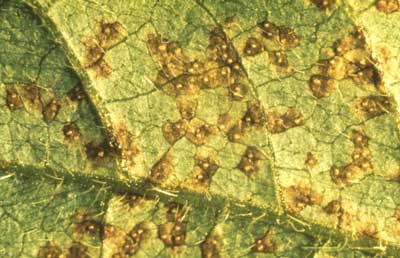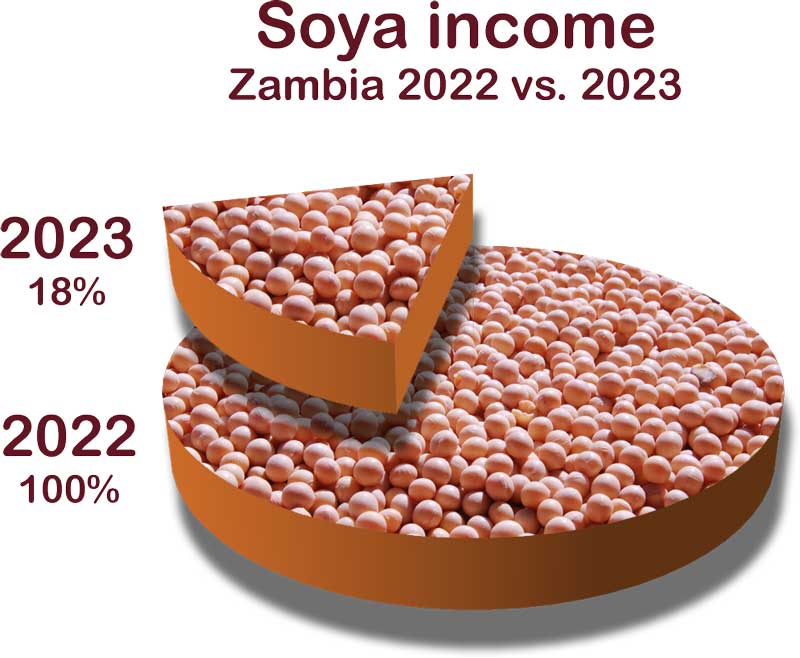|
|
|
|
Hello ,
|
There is a difference between getting something as a gift or paying for something yourself. With the latter, you have had to work hard for it and will take care of it and make sure, if it breaks down, that it will be repaired. This feeling of ownership is somewhat less prevalent when you have been given something as a gift.
|
That is why Jacana never just gives anything away. The farmers who get a water pump, for example, always pay a contribution of their own, to increase the sense of ownership and responsibility when something requires maintenance.
|
Most beneficiaries pay this "commitment fee" after the annual harvest (which is around this time). This year, however, many farmers are struggling to raise the commitment fee. This is because most farmers switched from maize to soya last rainy season (November to April). Maize has always been the most widely grown crop as it is also the staple food in Eastern Province of Zambia. Maize requires fertilizers and these have become extremely expensive and the government's subsidy on fertilizers ran into trouble this year. Therefore, last rainy season, many farmers chose to grow soya. This is because soya needs much less fertilizer than maize. Another reason many farmers grew soya is that the soya price in 2022 was very good (11 K/kg = 0.55 €/Kg).
|
|
The Eastern Province had a lot of rain this year, sometimes too much for a good soybean harvest, in addition, a disease got into the soybean which made the harvest very disappointing.
|
|
|
|

|
|
Rust disease in soya (2023)
|
|
|
|
|
|
|
An example of a farmer who grew soya in both 2022 and 2023. His yield per acre halved and the price he gets now is 4 to 5 K/Kg (0.20€/Kg)). So for every euro you got for your field of soya in 2022, you will only get 18 euro cents this year.
|
|
|

|
|
|
|
Farmers are making losses on soya this year.
This is a big problem.
|
|
|
|
It is a big setback for the families, school fees have to be paid and of course food for the family and new agro inputs for next rainy season have to be secured.
|
All this makes it difficult for farmers to pay the full commitment fee. While just now when things are so tough financially, a Jacana pump is so necessary, as it will allow them to grow vegetables during the dry season (the next 6 or 7 months) or, for example, expand the small livestock pile. This will generate extra income for the family so that they become less dependent on just one harvest a year.
|
As Jacana, we recognise this problem and are accommodating farmers. Per high exception, this year they will only have to pay part of the commitment fee in cash and the rest can be paid in instalments until the end of August 2024, when the new harvest comes in again.
|
|
Farmers appreciate this gesture and we see many farmers taking advantage of this scheme because they recognize that water can be used to generate additional income.
|
|
|
|
|
|
New board member in the Netherlands
Jacana warmly welcomes Wim Melenberg as a new board member in the Netherlands.
Wim is an accountant and volunteers at several charities. For example, he has been treasurer at Microprojects Foundation for 15 years, which also does good work in Africa. During working visits to Africa, he fell in love with the beautiful continent where he was able to meet many nice and kind people.
|
|
We wish him success in his position on our board.
|
|
|
|
|

|
|
Follow us also on these social media sites:
|
|
|
|
|
|
|
|
|